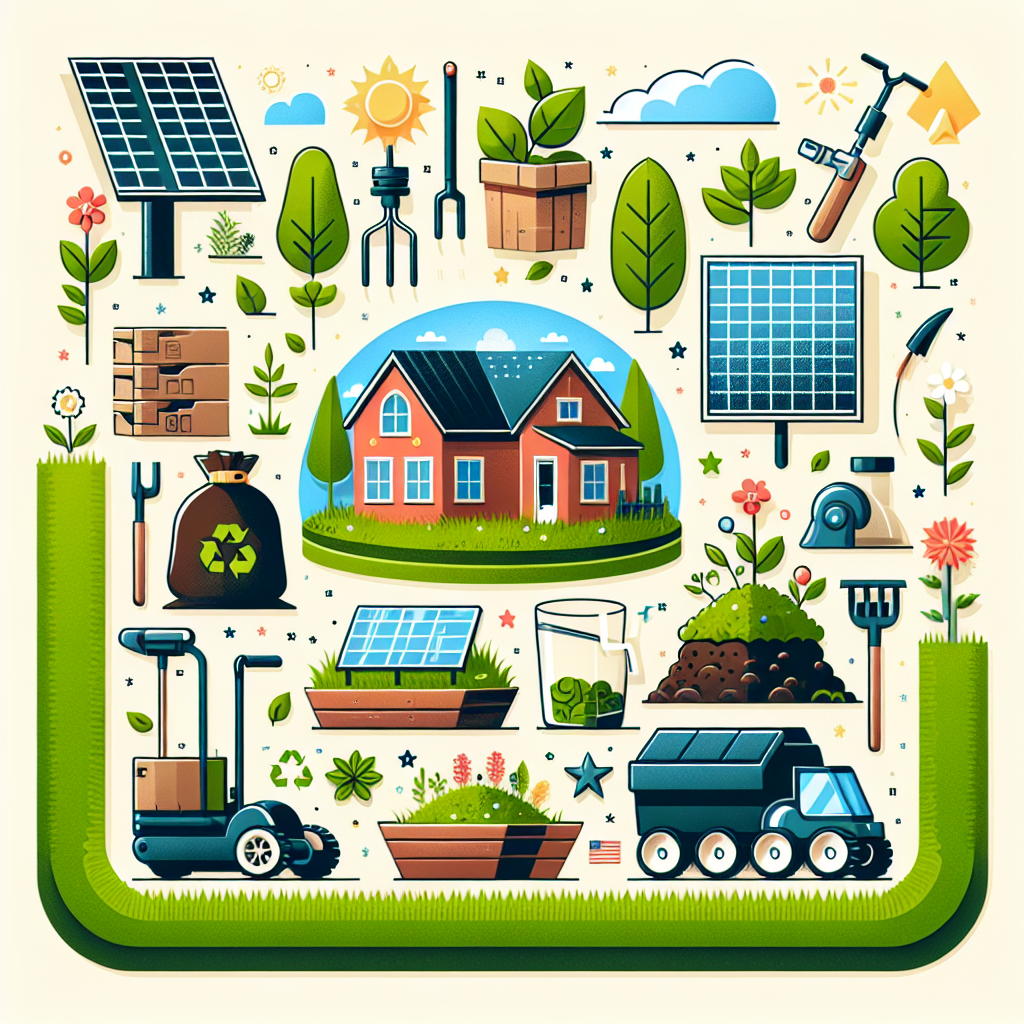Introduction
Natural Lawn Care of America represents a movement dedicated to maintaining lawns and landscapes using environmentally friendly practices. Encompassing a range of techniques from soil health improvement to the use of organic fertilizers, this approach seeks to harmonize aesthetic lawn desires with ecological sustainability. As populations become more environmentally conscious, natural lawn care has taken on increased significance.
Importance of Natural Lawn Care
Benefits of Natural Lawn Care Practices
Natural lawn care offers a multitude of benefits including enhanced biodiversity, reduced pollution, and conservation of resources. Remarkably, Michael Pollan, author of 'The Omnivore's Dilemma', emphasizes that "A chemical lawn is like a factory floor, where any diversity is a sign of inefficiency." Contrary to this, natural lawns support a healthy ecosystem.
Environmental Impact of Conventional Lawn Care Methods
Traditional lawn care methods can contribute to significant environmental issues, such as water pollution from runoff, and air pollution from gas-powered equipment. According to the EPA, landscape irrigation accounts for nearly one-third of all residential water use, tallying over 9 billion gallons per day.
Insights from Industry Experts
Industry specialists have continually highlighted the long-lasting benefits of natural lawn care practices. For instance, Paul Tukey, founder of SafeLawns.org, advocates for an organic approach, asserting that "We can have beautiful lawns without putting our health, and the health of our environment at risk."
Key Principles of Natural Lawn Care
Soil Health and Its Role in Promoting a Lush Lawn
Soil is the foundation of a healthy lawn. Utilizing techniques such as aeration and the application of organic matter improves soil structure and promotes beneficial microbial activity.
Proper Watering Techniques for a Thriving Lawn
Effective watering practices, which include infrequent but deep irrigation, encourage deep root growth and make lawns more resilient to drought.
The Significance of Organic Fertilizers and Compost
Organic fertilizers release nutrients slowly, mirroring the grass's natural growth rate, and composting introduces essential microorganisms and nutrients to the soil.
Key Insights from Industry Experts
Expert agronomist Jeff Lowenfels emphasizes, "A healthy soil ecosystem translates to a healthy lawn, which can withstand pests and diseases much more effectively than one that is chemically dependent."
Case Studies in Natural Lawn Care
Successful Natural Lawn Care Transformations
Various residential and commercial properties have seen remarkable transformations through the adoption of organic lawn care practices, with improved grass vitality and reduced chemical dependency.
Real-World Examples of Sustainable Lawn Management
Instances of municipalities and public spaces transitioning to natural lawn care have spotlighted the practical applications and benefits of sustainable practices.
Quotes from Professionals in the Field
Landscape architect Thomas Rainer states, "Natural lawn care not only restores balance to the environment but can also reduce maintenance costs and labor over time."
Challenges and Solutions
Common Obstacles in Natural Lawn Care Practices
Practitioners may encounter issues such as initial weed influxes, homeowner associations' resistance, or the belief that natural lawns are more work.
Strategies for Overcoming Challenges
Education and demonstration of successful case studies can be pivotal in overcoming resistance, alongside patience as the lawn's ecosystem gradually adjusts.
Expert Advice on Addressing Common Issues
World-renowned soil biologist Elaine Ingham suggests, "Start by understanding your soil. Most lawn problems are symptoms of poor soil health, amend that, and you've won half the battle."
Future Trends in Natural Lawn Care
Innovative Technologies in Sustainable Lawn Management
Technological advancements, such as smart irrigation systems and electric lawn equipment, are streamlining natural lawn care while reducing its environmental footprint.
Emerging Trends in Organic Lawn Care Products
The market is witnessing a surge in demand for organic products, including plant-based pesticides and fertilizers, that align with consumer environmental ideals.
Projections for the Future of Natural Lawn Care
Experts project continued growth in the sector, with a forecasted increase in both consumer demand and the development of eco-friendly lawn care solutions.
Conclusion
Summary of the Benefits of Natural Lawn Care
Recapitulation of the ecological and health advantages of adopting natural lawn care practices over conventional methods.
Call to Action for Further Research and Professional Dialogue
The article concludes with an urging for continued research into sustainable practices and an open invitation for professional discourse aimed at cultivating greener, healthier lawns across America.
Topics




